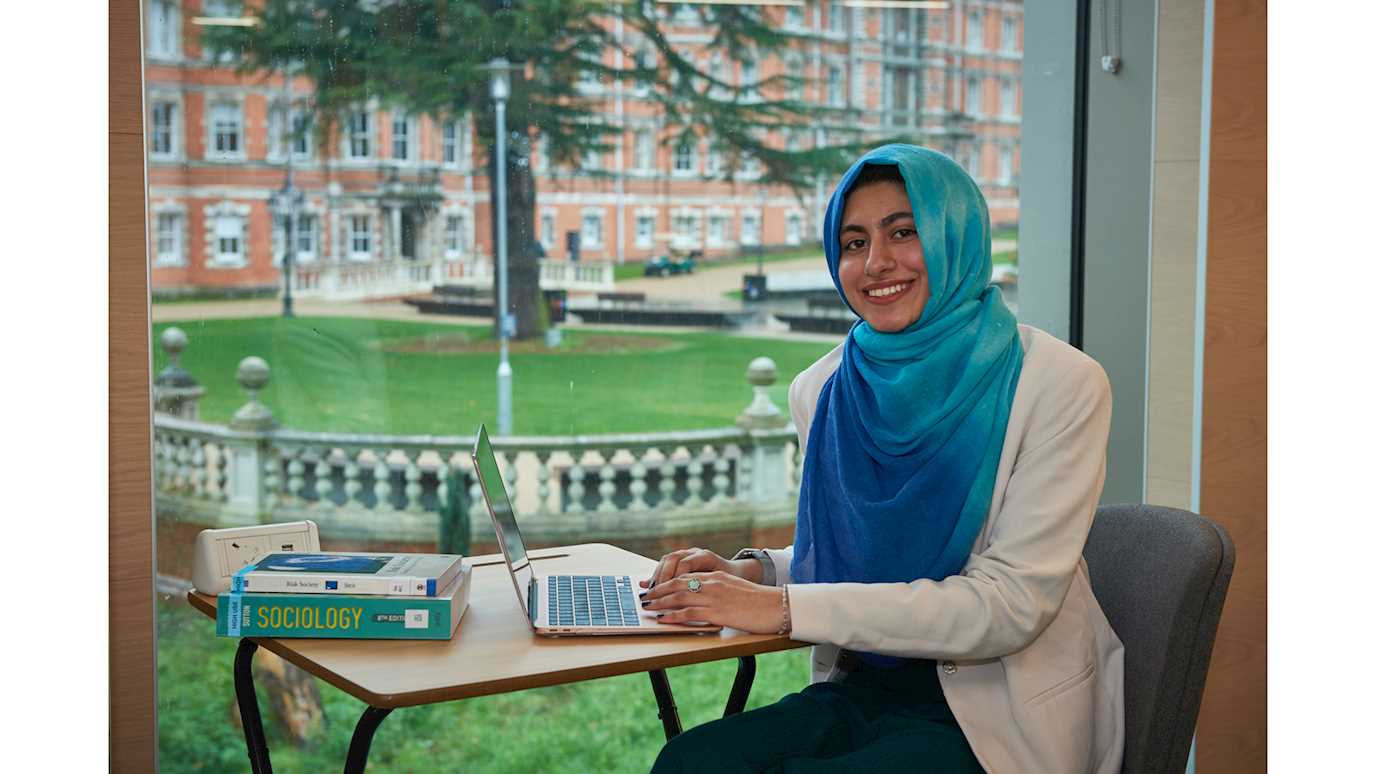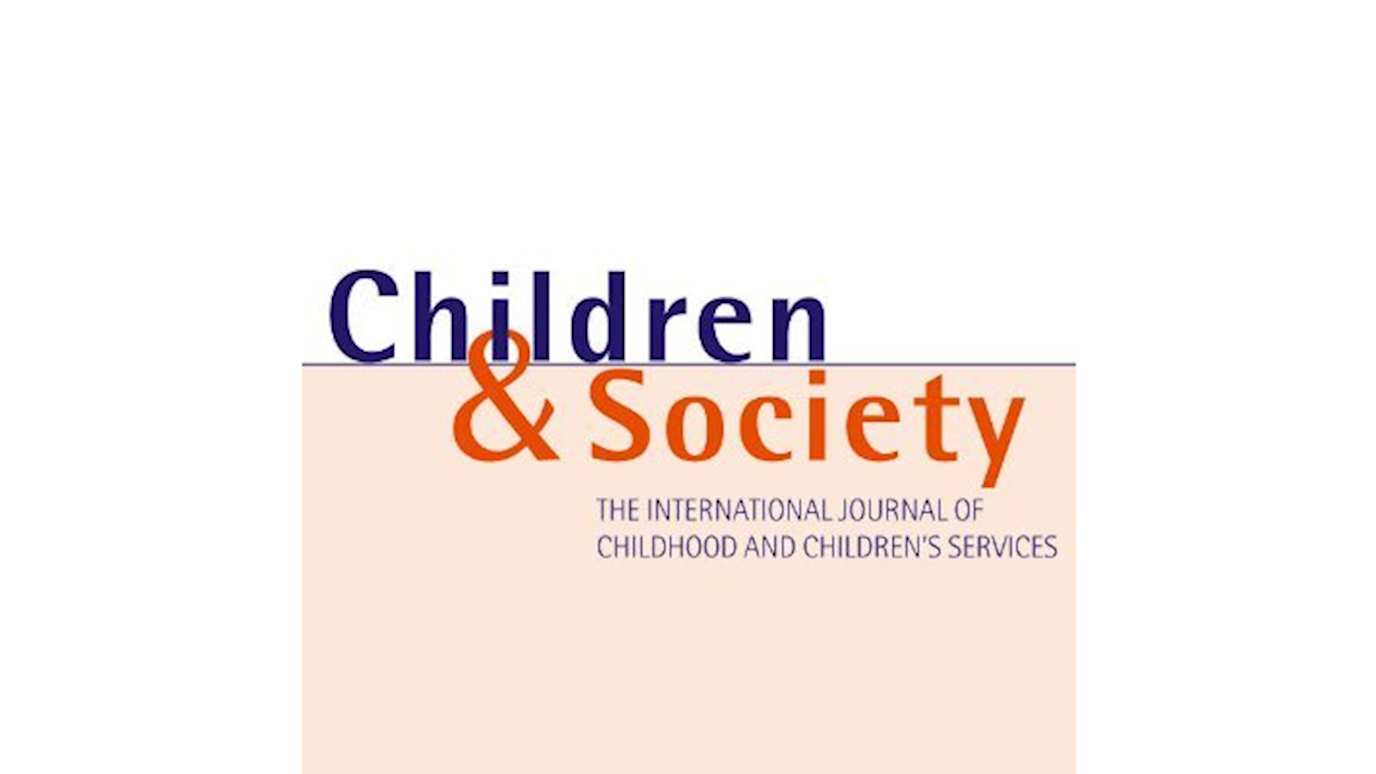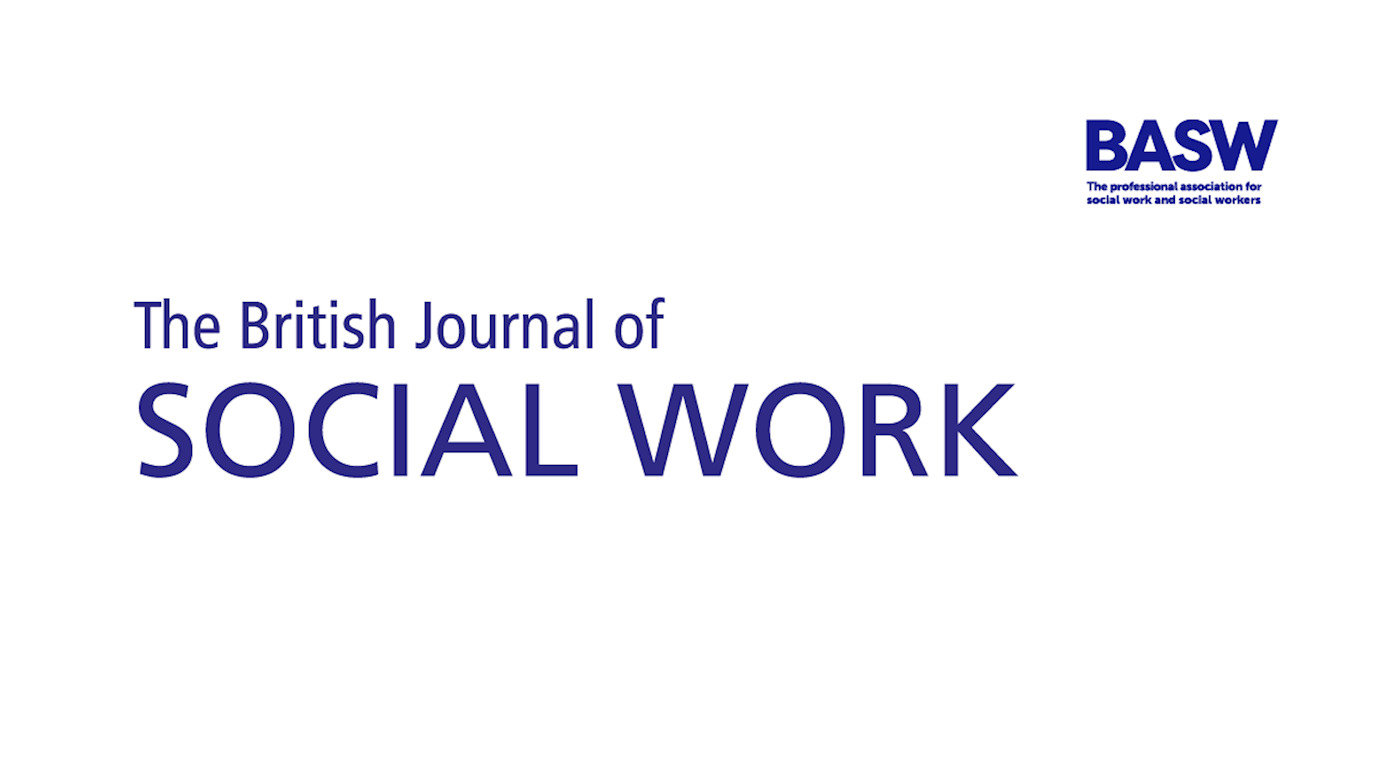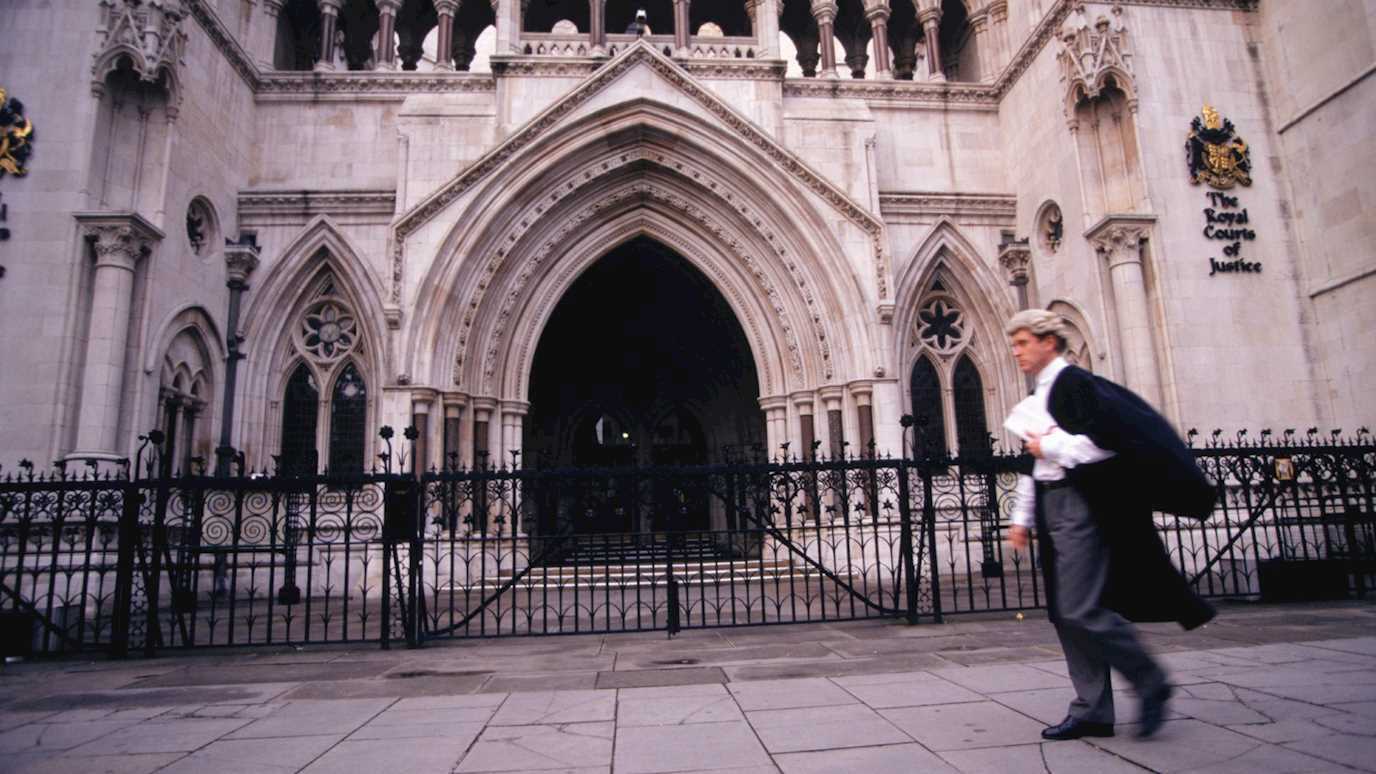The Social Science undergraduate programme concluded on a very positive note.

There were some very impressive student presentations and excellent feedback from students on their experience of the programme. Having started their undergraduate studies in the midst of an international pandemic which significantly impacted on everyone’s first year in University, the academic team congratulated all the Social Science students on their engagement, enthusiasm and the supportive environment they created for each other. If you’re joining us or thinking about studying social science do read on.
BSc Social Science year 1 student, Aiman told us about the first year as as a Social Science undergraduate. Here we provide a range of information about this degree, interspersed with some of Aiman’s views.
“The BSc Social Science course has us becoming critically stronger and learning multiple disciplines such as sociology, psychology, criminology, law, politics, ethics and so many more all simultaneously.”
“Our lecturers/professors have expert knowledge and passion for the course”
Aiman, BSc Social Science 2020
“I have thoroughly enjoyed the course so far. It has provided me with new perspectives and insight on a broad range of topics, which I can easily relate to current life. The work continues to push me, and the lecturers and staff are always there if I need any guidance or support.”
Ellen, BSc Social Science 2020
What will I be studying?
The BSc Social Science degree combines a solid theoretical grounding in the social sciences with a strong vocational strand to maximise future career opportunities. This degree enables students to explore contemporary social issues and challenges from a range of perspectives. Based in the School of Law and Social Sciences, Department of Social Work, students are engaged in dynamic debates about the relationship between individuals and society, drawing on sociology, social policy, social psychology, socio-legal and applied ethics. National and international developments from Brexit to Black Lives Matter, changing family structures and communities, to responses to homelessness or the Covid-19 global pandemic are examined in the context of inequalities and social change.
Core modules comprise a focus on the regulation of society, social divisions and the relationship between the state, communities and individuals with critical social enquiry and research methods. Critical thinking and research skills are developed alongside diverse skills in communication, all features highly prized by employers.
In years 2 and 3 students benefit from elective modules*. These allow students to further develop specific interests or explore new subjects ranging from, for example, Madness and Society, Gender, Sexuality and Crime, Sociology of the Family to Public, International and Comparative Human Rights Law. (*More details available via the course finder, all elective modules subject to availability).
Aiman: There is a plethora of differing disciplines I am able to look into in depth. I especially like the module Perspectives on People in Society. It has a perfect balance of learning about macro structural influences shaping individual identities but also micro points of view and how an individual is not only shaped by their surroundings, but they shape their society too. It is truly fascinating; I enjoy it so much.
What other opportunities does the Social Science degree offer?
In addition to a dynamic range of modules and opportunities for skill development, students undertaking this programme are encouraged to maximise their experiential learning by meeting people with diverse experience, engage with work in communities and understand different people’s experiences of modern Britain. These activities are designed to expand understanding of the contribution of different cultures and communities, whilst also developing a more informed grasp of societal barriers and disadvantages.
Students can take advantage of an additional year out to study abroad or undertake placements and/or volunteering locally in industry or community projects. Securing a year abroad or undertaking a combination of placements or volunteering provides invaluable work experience in different sectors, building future employability skills. Students interested in developing professional careers or undertaking further study in areas as diverse as community work, health, social work, the environment, law, international relations and research can respond to new experiences and opportunities, enriching their knowledge, interactive and leadership skills.
Additionally, final year Social Science students can choose a specialist Voluntary Work in the Community module, available to Social Science and Liberal Arts students. This includes 60 hours volunteering in a variety of placements, complemented by academic studies on the nature of voluntary work, ethical and policy contexts and the development of transferable employability skills. Placements include arts and heritage organisations, local schools and hospitals, social welfare organisations such as advice centres, homelessness services or food banks.
Who studies Social Science, and what kind of careers might it lead to?
Social Science students come from a wide range of backgrounds and with diverse interests. Our students include home and international students who actively contribute to a lively and dynamic learning experience. Drawing on different cultural backgrounds, life experience and interests, students actively engage in different forms of learning. These include traditional lectures, interactive seminars and problem-based learning activities. Problem-based learning involves students engaging in a range of tasks individually and in small groups, building skills in different types of communication, reflection, research and knowledge development.
Aiman: Working with other students is the absolute best! I love that we are all so close knit and are in regular communication with each other. When I have group projects/assignments, they aren’t as daunting, having a group to conduct presentations and problem solve with is motivating. In such a varied and challenging course, gaining multiple perspectives from every person in the group is so valuable. There is a range of us from different walks of life all coming together to debate and discuss controversial social issues, it’s an intense but rewarding task which I get much satisfaction from.
A social science degree offers extremely varied career and further education opportunities. These range from, for example, community work, education, youth work or health-related careers, to roles in the legal and advocacy sector, politics, international relations or developing professional specialisms in areas such as social work, equalities, education or social research. It’s an excellent starting point for a wealth of educational and career options in the longer term.
Aiman: I initially thought my degree path would be something very singular, such as education, psychology or English. In the application process for university I had mainly applied for sociology degrees and some media ones, but after looking for courses and already knowing about the greatness of Royal Holloway, I came across the Social Science course. This definitely sparked my intention to go down this route. It offered much more than sociology on its own, and so many more topics all encompassed in one degree. It truly made me realise that this is what I want to pursue. I am able to gain skills from different subjects, knowledge from various views of society, it’s such an important degree to go for. I love that it doesn’t feel like I’m limited to one singular path, I feel I have a lot of choice and I’m not bound by one subject.
If you already have an offer for BSc Social Science - some tips & resources can be found here
























